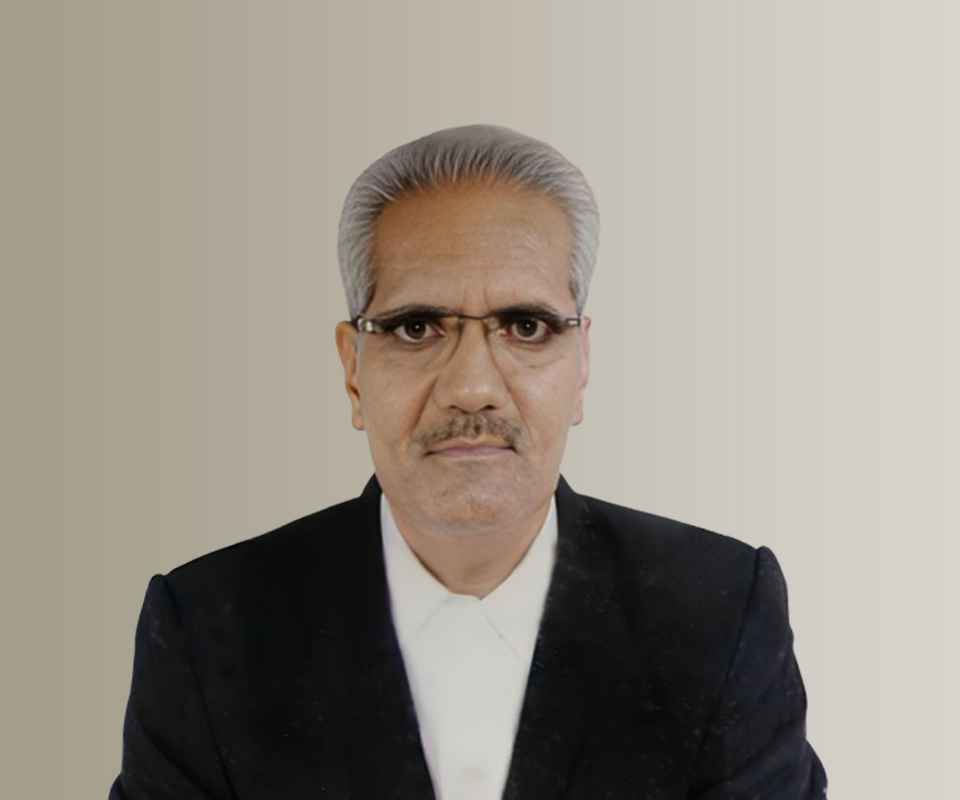Answer By law4u team
Bhartiya Sakshya Adhiniyam, 2023 - Section 8: Things said or done by conspirator in reference to common design
Where there is reasonable ground to believe that two or more persons have conspired together to commit an offence or an actionable wrong, anything said, done or written by any one of such persons in reference to their common intention, after the time when such intention was first entertained by any one of them, is a relevant fact as against each of the persons believed to be so conspiring, as well for the purpose of proving the existence of the conspiracy as for the purpose of showing that any such person was a party to it.
Illustration
Reasonable ground exists for believing that A has joined in a conspiracy to wage war against the State. The facts that:
- B procured arms in Europe for the purpose of the conspiracy,
- C collected money in Kolkata for a like object,
- D persuaded persons to join the conspiracy in Mumbai,
- E published writings advocating the object in view at Agra, and
- F transmitted from Delhi to G at Singapore the money which C had collected at Kolkata,
and the contents of a letter written by H giving an account of the conspiracy, are each relevant, both to prove the existence of the conspiracy, and to prove A's complicity in it, although he may have been ignorant of all of them, and although the persons by whom they were done were strangers to him, and although they may have taken place before he joined the conspiracy or after he left it.
Brefe Detail
Section 8 of the Bhartiya Sakshya Adhiniyam, 2023 addresses the admissibility of statements or actions made by conspirators in relation to a common design. It establishes that if there is reasonable belief that a conspiracy exists, any statements or actions made by any conspirator regarding their shared intention are relevant as evidence. This holds true regardless of whether the accused was aware of these actions or whether they occurred before or after their involvement in the conspiracy.
Question & Answers
What does Section 8 state about conspiratorial actions?
Section 8 states that any statement or action made by a conspirator in relation to a common intention is a relevant fact in proving the existence of the conspiracy and an individual’s involvement in it.
What is required for statements made by conspirators to be considered relevant?
There must be reasonable ground to believe that two or more persons conspired together to commit an offense or actionable wrong.
Can a conspirator's ignorance of actions taken by others affect the relevance of those actions?
No, even if a conspirator is ignorant of the actions taken by others, those actions remain relevant to proving the conspiracy and the individual’s complicity.
Are actions taken before or after a conspirator joined the conspiracy relevant?
Yes, actions taken before a conspirator joined or after they left the conspiracy are still relevant.
What is an example of a relevant action under this section?
If one conspirator procures weapons for the conspiracy, this action is relevant to prove the existence of the conspiracy and the involvement of others, even if they were not aware of this specific action.
Example
1. Conspiracy to Wage War: A is believed to have joined a conspiracy to wage war against the State. Actions by B, C, D, E, and F regarding procuring arms, collecting funds, and recruiting members are relevant to proving A's involvement.
2. Fundraising in Kolkata: C’s act of collecting money for the conspiracy is relevant evidence, regardless of whether A knew C was involved.
3. Publication of Advocacy: E's writings advocating the conspiracy are relevant to demonstrate the conspiracy's objectives and A’s connection to them.
4. Communication of Funds: F’s transfer of money collected in Kolkata to Singapore is relevant to establish the logistical support for the conspiracy.
5. Letter of Conspiracy: H's letter detailing the conspiracy provides context and relevance to the conspiracy, aiding in proving A's involvement.
Summary
Section 8 of the Bhartiya Sakshya Adhiniyam, 2023 delineates the relevance of statements and actions made by conspirators in the context of a conspiracy. It emphasizes that any communication or conduct related to a common design is admissible as evidence against all conspirators, regardless of their knowledge of specific actions or their timing relative to individual involvement in the conspiracy. This section highlights the importance of collective intentions and actions in establishing conspiracy-related offenses.





